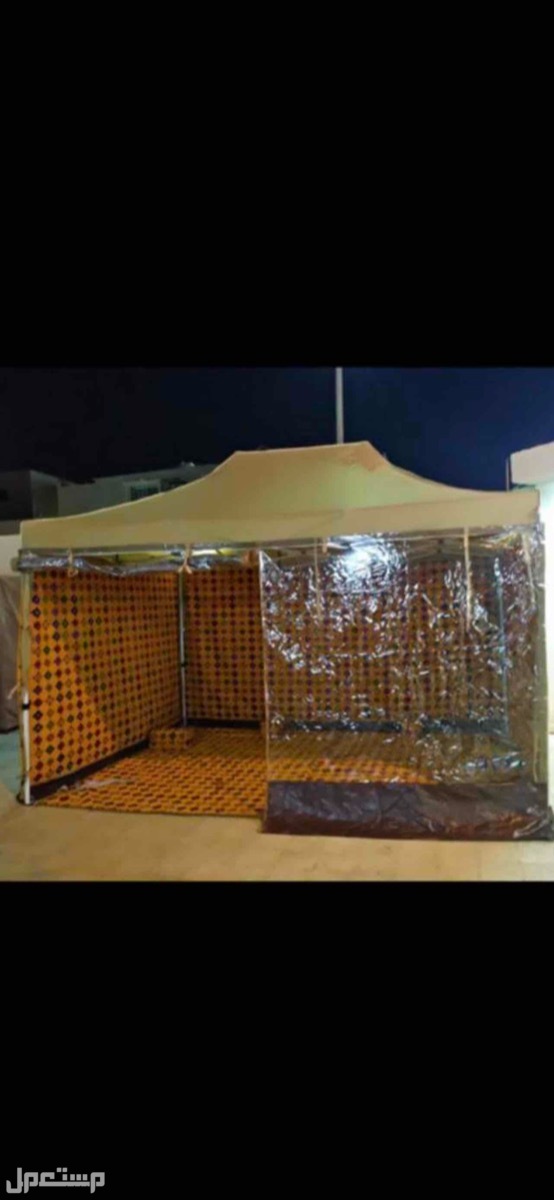
Optimisation du moteur de recherche Effectivement Autour خيمة بدون عمدان la honte Infraction Proverbe

المنيعي خيام ومظلات on Twitter: "خيام منزليه بدون طنابات وحبال تركب على قاعده ولها حديد للظهر تفصيل حسب المقاس وتكون بدون عمود https://t.co/poTVWkOc2F" / Twitter























